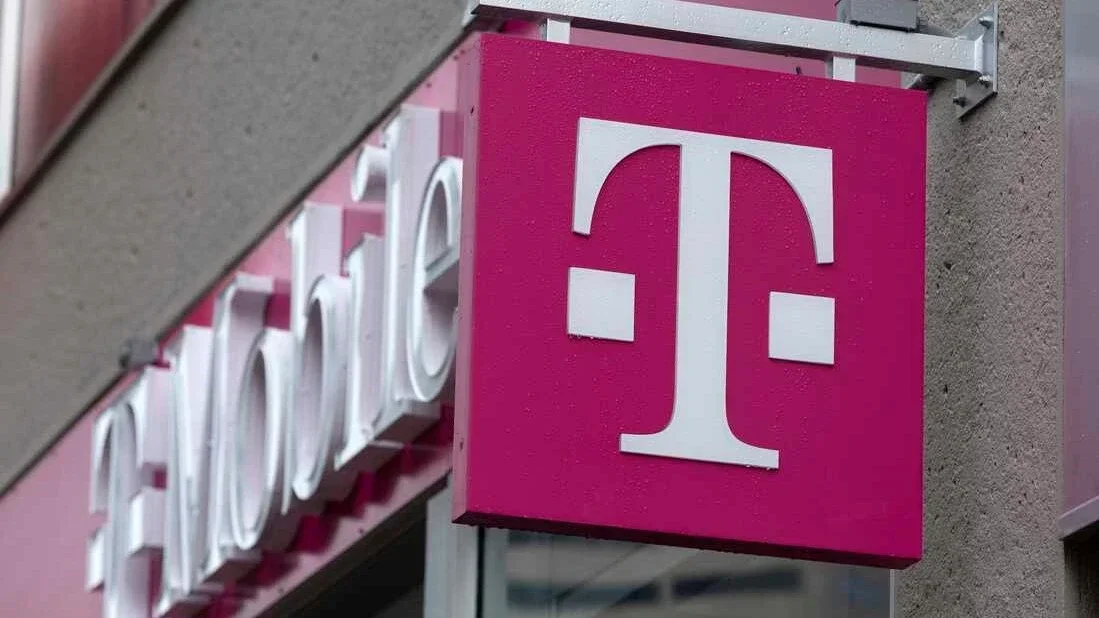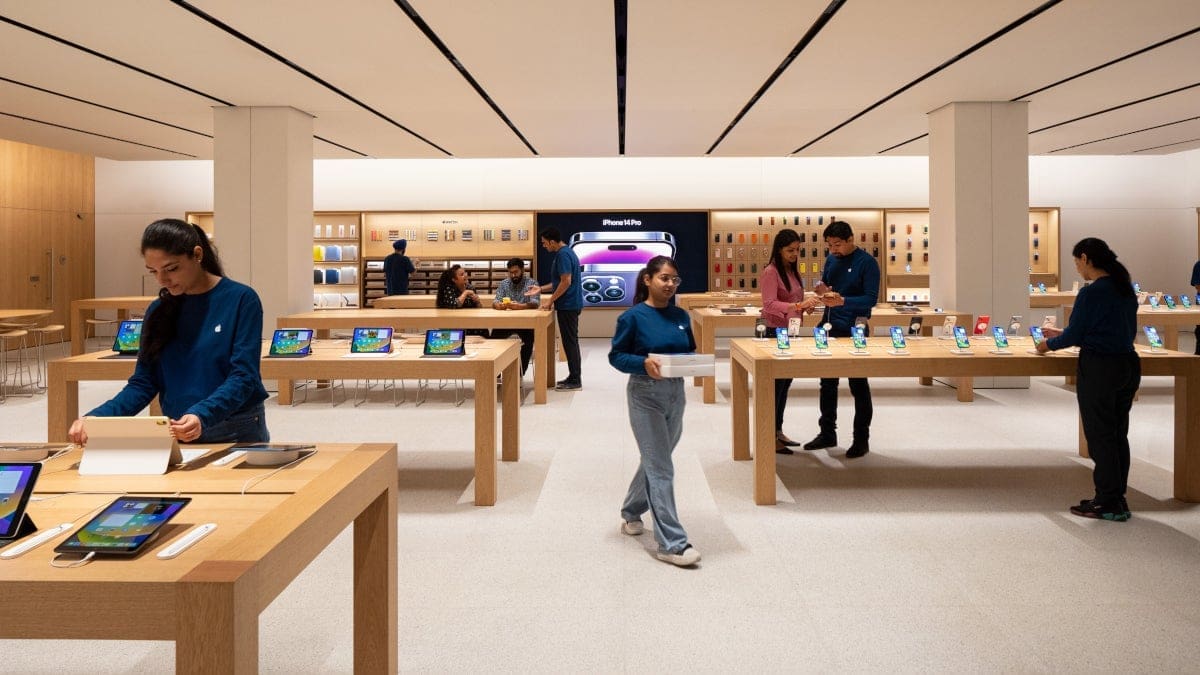In a recent revelation on “The Daily Show,” Jon Stewart shared Apple’s refusal to approve an interview with Federal Trade Commission (FTC) Chair, Lina Khan, for his podcast, as reported by Axios. This disclosure carries weight, especially considering the recent legal action taken by the U.S. Justice Department against Apple.
The lawsuit accuses Apple of exploiting its dominant position in the smartphone market, with concerns raised about potential suppression of free speech. Stewart’s interaction with Khan brought to light Apple’s involvement in controlling media conversations, as he recounted Apple vetoing the podcast interview request despite its unrelated nature to Khan’s official duties.
This incident highlights Apple’s hesitance towards public discussions even on seemingly harmless topics, prompting questions about the company’s motives for avoiding open dialogue. This development coincides with Stewart’s return to “The Daily Show” after a hiatus since 2015.
His venture on Apple TV+ concluded last year amidst reported disagreements with Apple executives over creative direction, particularly regarding coverage on issues like China and artificial intelligence (AI). Similar conflicts have arisen in the past between media personalities and their parent companies, such as John Oliver’s criticisms of AT&T during its ownership of HBO parent company WarnerMedia and Jimmy Kimmel addressing misinformation from networks associated with his employer, ABC.
These instances underscore the complexities that arise when media figures express diverging views from their corporate entities.











